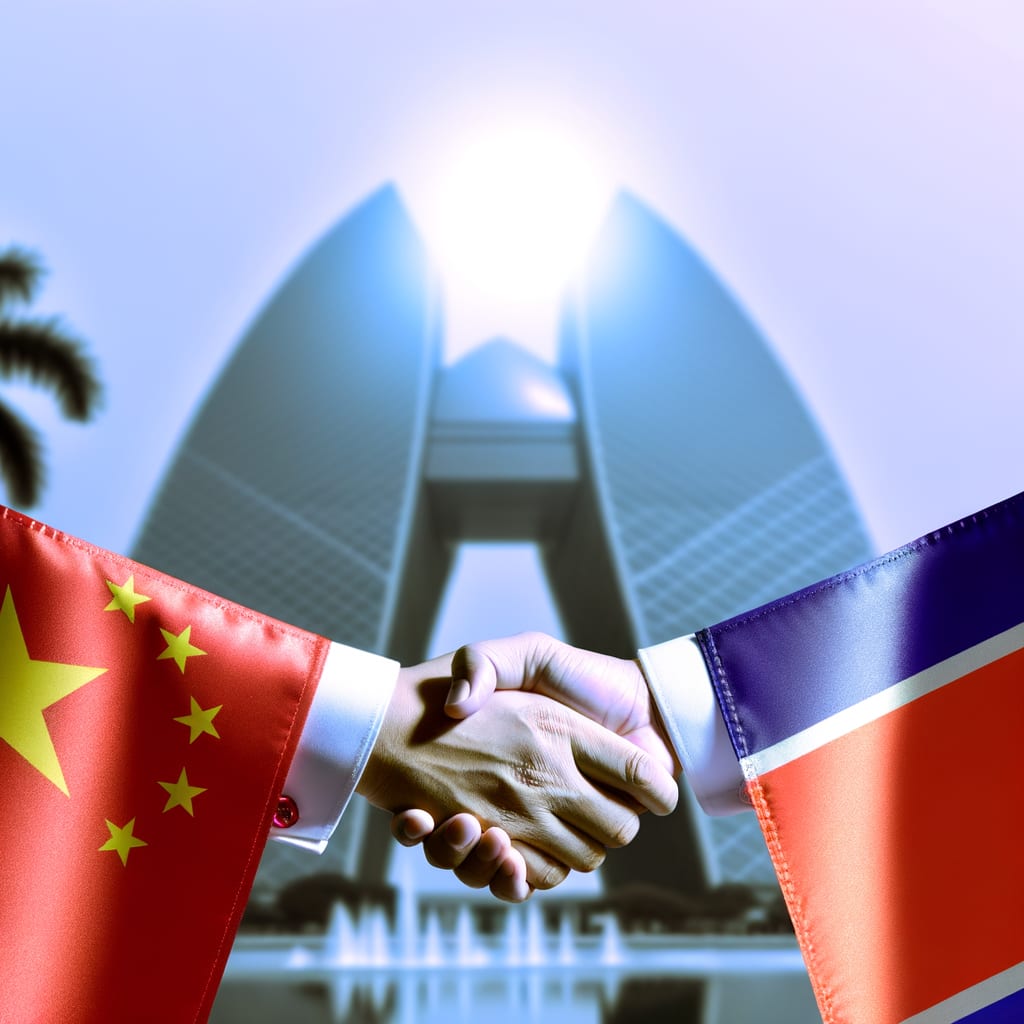The Thawing of India-China Relations: A Pivot in Global Power Dynamics?
Recent displays of camaraderie between Indian Prime Minister Narendra Modi and Chinese President Xi Jinping at the Shanghai Cooperation Organization (SCO) summit in Tianjin, China, signify a potential shift in the global power dynamics. Amid escalating tensions with the United States, the two leaders emphasized the need for their nations - the world's two most populous - to foster friendly relations, a move that could yield considerable geopolitical implications.
The Backdrop
The thawing of India-China relations comes five years after a fatal confrontation at their unresolved border had pushed their ties to a new low. However, recent peace talks and measures to ease trade, investment curbs, and visa restrictions indicate a rush towards détente. The current rapprochement is also seen in the context of India's strained relations with the U.S. over President Donald Trump's refusal to nominate PM Modi for a Nobel Peace Prize and the imposition of heavy tariffs on Indian goods.
Key Developments
During the SCO summit, Modi and Xi showcased visible warmth, with the Chinese President suggesting that the 'dragon' (China) and the 'elephant' (India) need to be good friends. This meeting, which included Russian President Vladimir Putin, signified a united front against U.S. dominance. Xi also unveiled a broad Global Governance Initiative, including a proposed SCO development bank and cooperation on artificial intelligence.
Modi's interactions were not limited to Xi. The Indian Premier also held a separate bilateral meeting with Putin, underlining the strengthening of ties with Russia. Modi's assertion that India sees itself as a 'partner' of China rather than a 'rival' further highlighted his strategic shift away from the U.S.
Implications and Reactions
This new development in India-China relations has sparked debates on the future of Indian foreign policy, with some suggesting that India is hedging its bets through a rapprochement with China. Observers also caution that a positive shift in China-India ties would hinge on Beijing's treatment of New Delhi as an equal partner.
U.S. lawmaker Ro Khanna stressed the need to preserve the strategic relationship with India, suggesting that Trump's ego shouldn't destroy it. Meanwhile, U.S. Treasury Secretary Scott Bessent expressed optimism, stating that at the end of the day, the U.S. and India would come together.
Conclusion
The latest developments signal a potential reshaping of the global order, marking the end of a U.S.-dominated era and the rise of a multipolar system centered on Asia, Eurasia, and the Global South. However, it remains to be seen how these dynamics will play out and whether the warming of India-China relations will endure given their past volatility.

